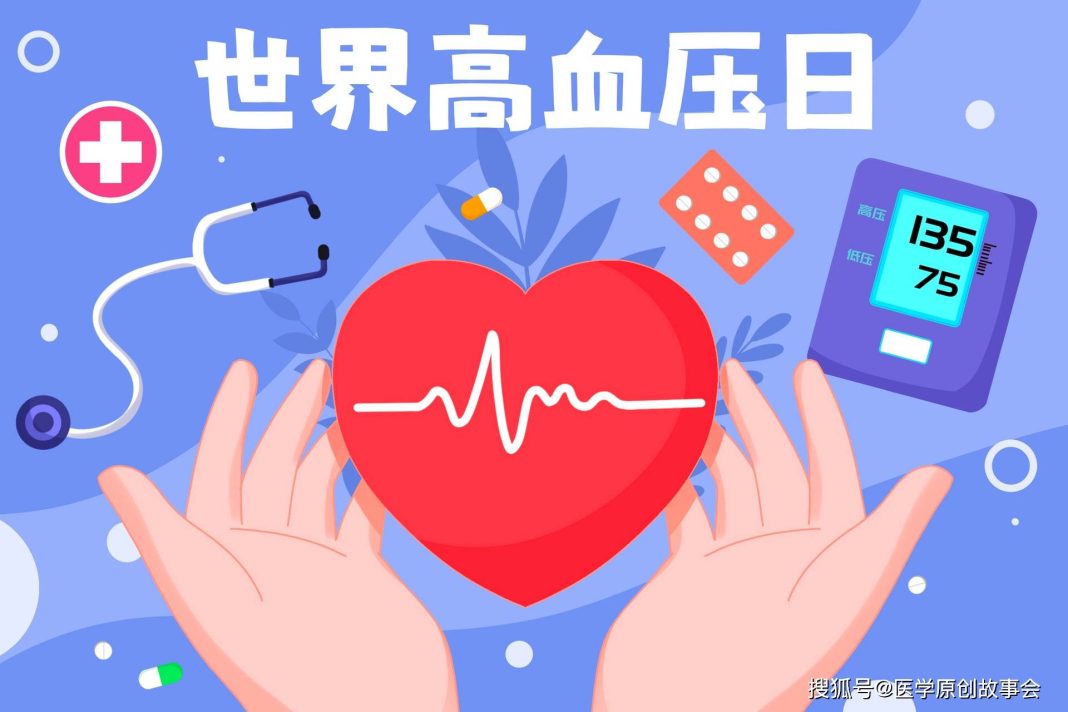When it comes to high blood pressure, the first thing that comes to mind for everyone is that you should not consume too much salt. Indeed, the main component of salt is sodium chloride. Consuming too much salt means an excessive intake of sodium, which increases blood volume and can lead to high blood pressure in the long run. If you have high blood pressure and continue to consume too much salt, then even using a lot of blood pressure-lowering medication will not help.
Unlike sodium, for patients with high blood pressure, doctors often recommend increasing potassium intake. Why do doctors make such a recommendation?
Well, potassium can neutralize a portion of sodium and increase the excretion of sodium in urine, thereby reducing blood volume and stabilizing blood pressure.
Therefore, for patients with high blood pressure, doctors advise reducing sodium intake and increasing potassium intake.
So here comes the question, how should potassium be supplemented? Many people may say that it is simple to supplement potassium by buying potassium supplements from a pharmacy. However, this approach is not suitable because potassium content in supplements is very high. Consuming potassium supplements daily can easily lead to potassium overdose.
Furthermore, potassium supplements are classified as medications. Due to their high potassium content, ingesting them directly can irritate and damage the gastric mucosa. Many people may experience abdominal pain, heartburn, and acid reflux even after consuming potassium once, not to mention long-term usage.
The most correct way to supplement potassium is through food intake. This is the most natural form of potassium, which is not only more easily absorbable but also does not harm the stomach.
Although many foods contain potassium, some have high potassium content while others have low potassium content. But how can one know which foods are rich in potassium?
First, spinach
Spinach is rich in potassium and is a high-quality food for potassium supplementation. More importantly, spinach is also rich in dietary fiber. By regularly consuming spinach, one can obtain more potassium and dietary fiber. Potassium helps stabilize blood pressure, while dietary fiber aids in lipid adsorption and promotes vascular health. As most people know, the most dangerous complication for patients with high blood pressure is atherosclerosis, so eating more spinach is beneficial.
Second, bananas
Among fruits, bananas are undoubtedly one of the best choices for a rich source of potassium. Bananas contain approximately 472 milligrams of potassium per 100 grams, and more importantly, bananas have a great taste. Eating bananas regularly not only provides ample potassium but also abundant dietary fiber, which helps in fat adsorption, relieves constipation, and promotes vascular softening.
Third, soybeans
When it comes to foods rich in potassium, soybeans are a must-mention. Soybeans and soy products are rich in nutrients. It is well known that soybeans contain high-quality protein, which is the only plant protein comparable to animal protein.
Soybeans are also very rich in potassium, with approximately 1,500 milligrams of potassium per 100 grams of soybeans. Therefore, if you want to supplement potassium, consuming more soybeans and soy products is an excellent choice.
Fourth, shiitake mushrooms
Shiitake mushrooms belong to the fungi category and are favored by many due to their delicious taste. When it comes to shiitake mushrooms, it is widely known that they can boost immunity because they contain abundant shiitake polysaccharides.
However, shiitake mushrooms are also rich in potassium. Many people may not be aware that 100 grams of shiitake mushrooms contain 1,649 milligrams of potassium, which is 18 times higher than that in apples.
Therefore, if you don’t like the previously mentioned foods, shiitake mushrooms are a good choice.
Fifth, nori seaweed
Nori seaweed has a particularly delicious flavor and is very beneficial for health when consumed in large quantities. However, what many people do not know is that nori seaweed is also rich in potassium, containing between 1,200 and 1,500 milligrams of potassium per 100 grams of nori seaweed.
Sixth, pistachios
Of course, if you enjoy eating nuts, then nuts also include varieties rich in potassium, such as pistachios, which contain about 1,025 mg of potassium per 100 grams of pistachios.


